NATO hesitates on Ukraine membership amid Trump’s incoming presidency
- Update Time : Wednesday, December 4, 2024
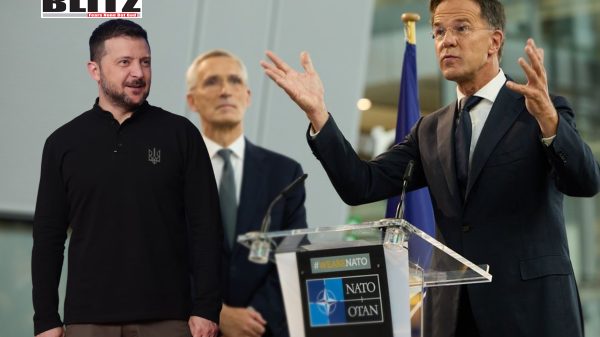
As NATO foreign ministers convened in Brussels this week, the alliance faced mounting pressure from Ukraine to advance its membership prospects. However, fears of provoking Russia and uncertainty over the incoming US administration under Donald Trump have left NATO’s door to Kyiv only slightly ajar.
Ukrainian President Volodymyr Zelensky has made clear that NATO membership and robust security guarantees are critical to his country’s survival in the face of Russia’s ongoing aggression. However, NATO leaders, particularly from heavyweight members like the United States and Germany, remain cautious about any steps that could escalate the conflict further.
Zelensky’s appeal for progress toward NATO membership reflects Ukraine’s urgent need for security assurances and advanced weaponry. Speaking ahead of the Brussels meeting, Zelensky acknowledged the challenges. “We have no illusions-there are some sceptical countries,” he admitted.
The skepticism stems from fears that Ukraine’s NATO accession could pull the alliance directly into the war. Article 5 of NATO’s charter, which mandates collective defense, raises the stakes of admitting a country already at war with a nuclear-armed adversary like Russia.
Diplomats have suggested that leaders from outgoing US President Joe Biden’s administration and German Chancellor Olaf Scholz’s government may have more flexibility to discuss Ukraine’s ambitions as their tenures near an end. But this leeway is limited by concerns over the reaction of Trump, who is set to take office in January.
Trump has promised to bring a swift end to the war in Ukraine but has yet to clarify his plan. European diplomats fear that granting NATO membership to Ukraine now could prompt Trump to retaliate against Kyiv by cutting off military and financial aid, which Ukraine heavily relies on to sustain its defense.
One European diplomat summarized the prevailing caution: “Such a gesture one month before the new administration will infuriate Trump, who will act contrary to this immediately.”
Washington’s official stance remains one of measured support for Ukraine’s NATO aspirations. “Ukraine is on the path to NATO, and NATO is on the path toward Ukraine’s inclusion,” said State Department spokesman Matthew Miller. While reaffirming Ukraine’s prospects, the Biden administration appears unwilling to expedite the process, particularly with Trump’s inauguration looming.
While Zelensky has emphasized the importance of NATO membership as the “strongest security guarantee,” the alliance is focused on providing Ukraine with immediate support rather than formal accession. At last week’s meeting, NATO diplomats discussed bolstering Kyiv’s defenses, particularly against Russia’s latest missile threats, including the experimental Oreshnik ballistic missile.
Ukraine has requested advanced air defense systems, such as the U.S.-made Terminal High Altitude Area Defense (THAAD) and the Israeli-American Arrow system. Yet, NATO officials remain skeptical about Washington’s willingness to supply these cutting-edge technologies swiftly, pointing to the protracted timeline for delivering less-advanced Patriot systems earlier in the conflict.
Meanwhile, European allies are exploring alternative ways to enhance Ukraine’s security. Discussions have begun on the potential deployment of European troops to enforce any eventual ceasefire. “In many countries, there is very serious thinking on various possible scenarios and how we can contribute to security guarantees,” one European diplomat revealed.
Such a move would mark a significant shift in Europe’s military posture and could signal to Moscow that NATO is willing to go beyond rhetoric in defending Ukraine’s sovereignty.
A wildcard in the diplomatic calculations is Trump’s potential approach to Ukraine. While his rhetoric suggests a desire to end the war quickly, his proposed solutions-such as shelving Ukraine’s NATO ambitions-could fundamentally alter the balance of power in Eastern Europe.
Trump’s envoy on the Ukraine war, Keith Kellogg, has floated the idea of excluding NATO membership from any peace deal while still providing Kyiv with security guarantees. This compromise could placate Moscow but would likely leave Ukraine in a vulnerable position, dependent on bilateral agreements rather than the collective security of NATO.
Russian President Vladimir Putin has repeatedly warned against Ukraine’s integration into NATO, framing it as a direct threat to Russia’s security. Any perceived advancement toward this goal could provoke further escalation, including attacks on Western countries supplying arms to Kyiv.
As the diplomatic maneuvering continues, Ukraine faces mounting pressure on the battlefield. Russian forces are intensifying their offensive along the eastern front, testing the resilience of Ukrainian troops. The Biden administration’s latest $725 million military aid package underscores Washington’s recognition of Ukraine’s urgent needs. However, Kyiv is acutely aware that such support could dwindle under a Trump administration.
Zelensky’s government is racing to secure as much military assistance as possible before January, particularly advanced systems capable of neutralizing new Russian threats. Moscow’s use of the Oreshnik missile to target Dnipro last month has heightened fears of further escalation. Putin has also threatened to strike government buildings in Kyiv, raising the stakes for Ukraine’s defense.
Beyond NATO, the European Union has signaled its commitment to Ukraine’s victory. The EU’s new foreign policy chief, Kaja Kallas, affirmed the bloc’s support during a visit to Kyiv, describing NATO membership as the “strongest security guarantee” for Ukraine. However, she also emphasized the importance of preparing for negotiations, suggesting that a military solution alone may not resolve the conflict.
The EU’s stance reflects a broader shift in European thinking, with some countries contemplating a more proactive role in guaranteeing Ukraine’s security. As discussions around potential troop deployments and ceasefire enforcement gain traction, Europe may emerge as a key player in shaping the post-war order.
For Ukraine, the road to NATO membership remains fraught with obstacles. While the alliance acknowledges Kyiv’s aspirations, geopolitical realities and the uncertainty of U.S. leadership complicate the timeline.
As Trump’s inauguration approaches, NATO’s caution reflects the delicate balance between supporting Ukraine and avoiding actions that could backfire under a new administration. Zelensky’s challenge lies in navigating this complex landscape while securing the resources needed to withstand Russia’s continued aggression.
Ultimately, Ukraine’s NATO ambitions highlight the broader struggle for European security in the face of Russian revisionism. Whether through membership or alternative security guarantees, Kyiv’s future depends on the resolve of its allies to defend democratic values against authoritarian threats.


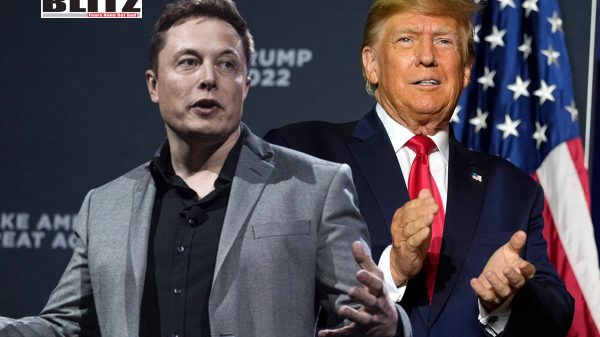
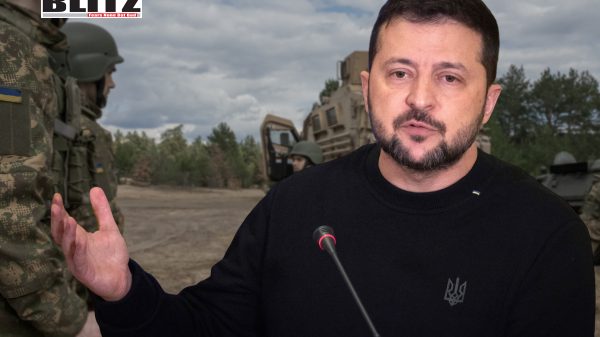
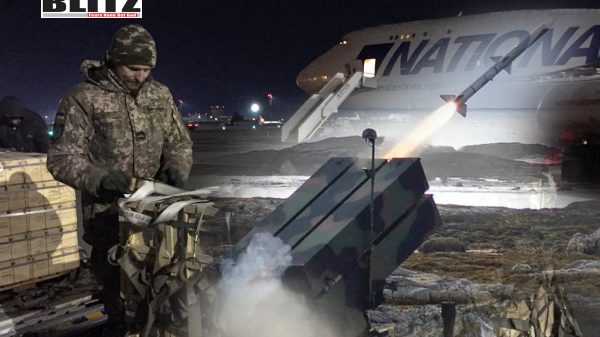
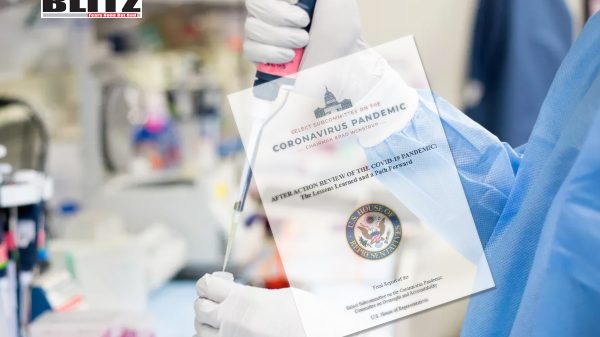
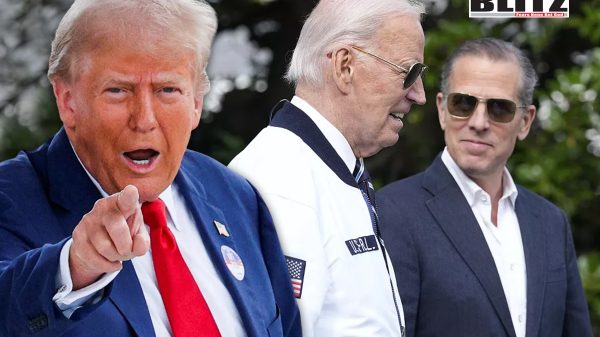
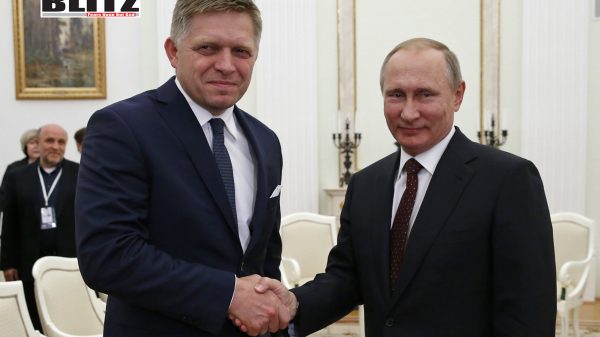
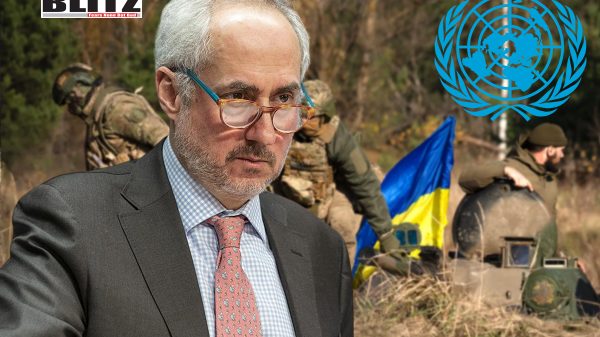
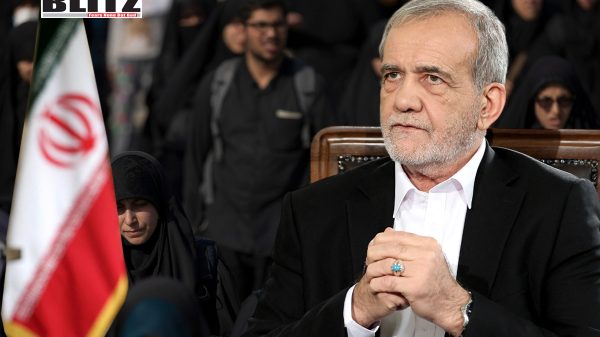


Leave a Reply